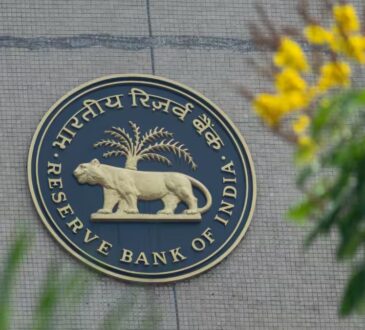New Delhi: An American proposal to tax money sent abroad by non-US citizens is raising concerns in India. If passed, this 5% tax on remittances could significantly impact Indian households and the country’s currency, potentially causing India to lose between $12 billion and $18 billion annually in foreign currency inflows, according to a report released by trade think tank Global Trade Research Initiative (GTRI) on Sunday.
The tax is part of a bigger legislation, dubbed “The One Big Beautiful Bill,” introduced in the US House of Representatives on 12 May. It targets money transfers made by people who are not US citizens but live and work there, including those on work H-1B and H-2A visas.
US citizens would not have to pay this tax. Banks and money transfer companies would collect the tax and send it to the US government every three months.
Also read | Trump’s 5% tax on remittances: What is ‘One, Big, Beautiful Bill’, what it means for India
India received $120 billion in remittances in 2023-24, with nearly 28% coming from the US, according to GTRI. The institute estimates that the tax could cause a 10-15% drop in remittance flows, resulting in a loss of $12-18 billion annually.
“This reduction would reduce the supply of dollars in India’s foreign exchange market and may weaken the rupee by ₹1-1.5 per dollar. The Reserve Bank of India may need to intervene more frequently to stabilize the currency,” it said.
The impact would be felt especially in states like Kerala, Uttar Pradesh and Bihar, where millions of families depend on remittances for basic needs like education, healthcare and housing as per the GTRI report.
A drop in these funds could reduce household spending, hurting the economy at a time when global challenges and inflation are already making life difficult.
India is not alone. Other countries like El Salvador and Mexico, which rely heavily on remittances, could also face trouble. Mexico’s President Claudia Sheinbaum called the plan “unacceptable” and warned it could lead to “double taxation” since workers already pay taxes in the US.
“While the US may gain from a stronger dollar by limiting money outflows, this tax risks disrupting critical financial support to developing countries. It marks a worrying shift in policy that could hinder global economic stability,” said Ajay Srivastava, co-founder of GTRI.
More broadly, this tax marks a change in US policy towards capital—money that moves across borders more freely than people or goods. By taxing remittances, the US could slow down a key source of income for many families in poorer countries and reduce global economic growth, it said.
Earlier on Friday, the think tank, in a report, suggested that if Apple heeds US President Donald Trump’s suggestions and plans to exit iPhone assembly in India, it might actually benefit the country. At present, India earns less than $30 per iPhone, a large portion of which is effectively returned to Apple through production-linked incentives, it said.
“In order to protect Apple, New Delhi is slashing import duties on crucial smartphone components—like displays, chipsets and batteries, a move that undermines Indian companies trying to build a local supply chain,” the GTRI said in its report.




